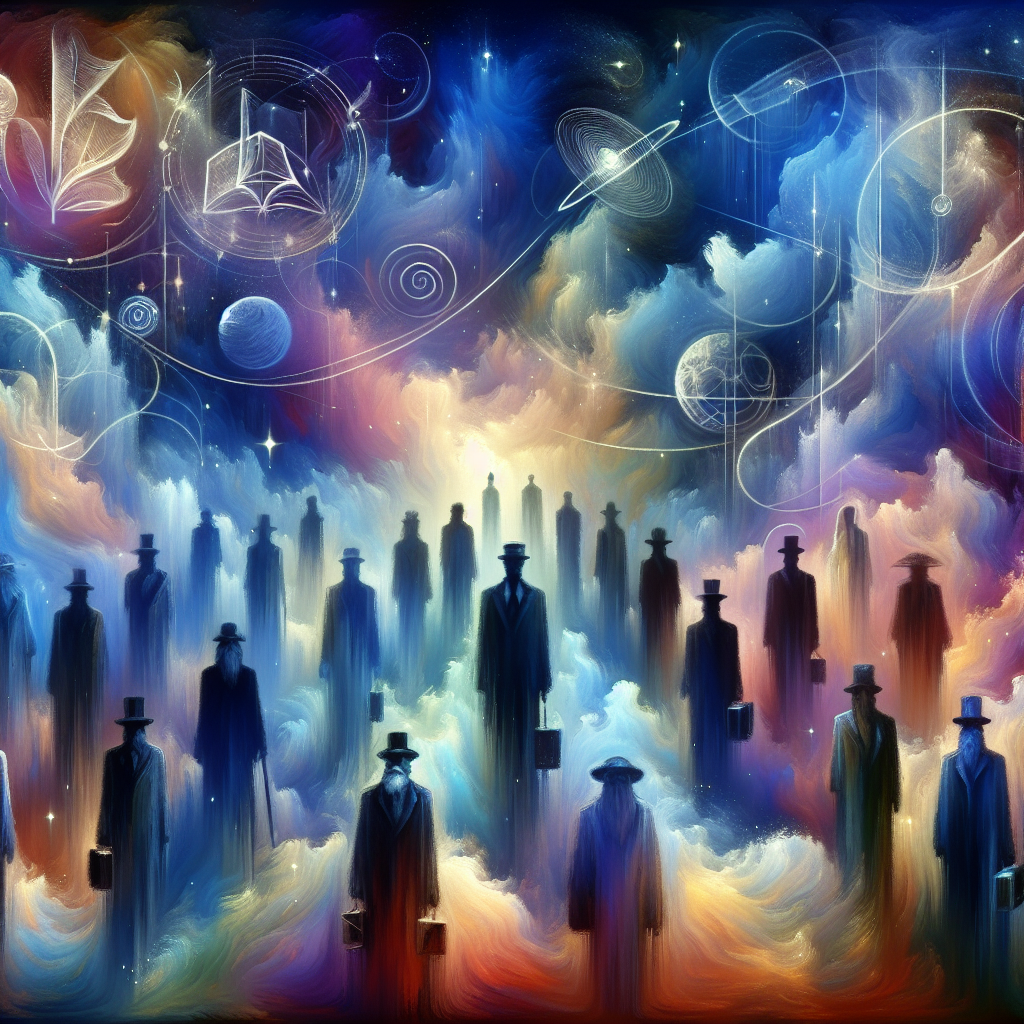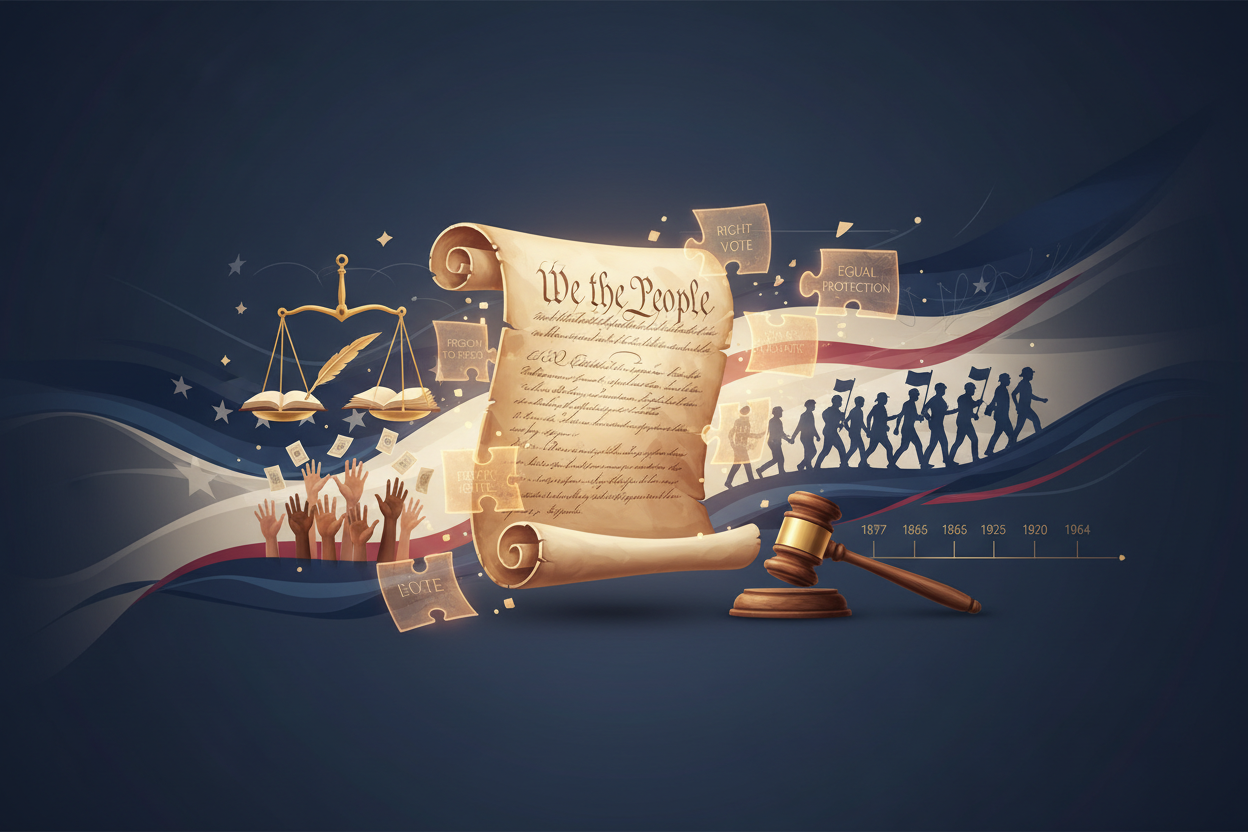Historic Figures Who Changed the Course of History
Throughout the annals of time, certain individuals have emerged as pivotal figures whose influence altered the trajectory of world events. Their legacies are etched into the fabric of history, shaping societies, cultures, and political landscapes. This blog post delves into the lives and impacts of these remarkable individuals, exploring how they transformed the world as we know it.
Alexander the Great: The Conqueror of Empires
Born in 356 BC, Alexander the Great is renowned for his unparalleled military achievements and the unprecedented expansion of his empire. As the king of Macedonia, he launched a campaign that extended from Greece all the way to northwest India. His military strategies and tactics are still studied in military academies around the world.

What truly set Alexander apart was not just his ability to conquer, but his approach to governance. He promoted the spread of Greek culture, leading to a fusion of Greek and Eastern customs and traditions known as Hellenism. This cultural blend had a lasting impact on language, art, and architecture, influencing future civilizations long after his death.
Joan of Arc: The Maid of Orléans
Joan of Arc, a peasant girl from medieval France, rose to prominence during the Hundred Years’ War. Claiming to have received visions from saints instructing her to support Charles VII and recover France from English domination, she became a symbol of French unity and nationalism.

Her leadership and courage led to significant victories, most notably at the Siege of Orléans, which turned the tide in favor of the French. Despite her eventual capture and execution, Joan of Arc’s legacy as a martyr and saint inspired countless generations, reinforcing the power of faith and resilience in the face of adversity.
Mahatma Gandhi: The Apostle of Peace
In the 20th century, Mahatma Gandhi emerged as a beacon of nonviolent resistance. Born in 1869 in British-ruled India, Gandhi developed the philosophy of Satyagraha, a form of nonviolent protest that became a pivotal force in India’s struggle for independence.
Gandhi’s approach not only led to India’s freedom from British colonial rule but also inspired civil rights movements worldwide. His emphasis on peace and justice continues to influence activists and leaders, advocating for change through compassion and understanding rather than violence.
Albert Einstein: Revolutionizing Science
Albert Einstein, a theoretical physicist born in 1879, revolutionized the field of science with his theory of relativity. His groundbreaking work fundamentally altered our understanding of time, space, and energy, laying the foundation for modern physics.
Beyond his scientific contributions, Einstein was a vocal advocate for civil rights and humanitarian causes. His profound insights and commitment to social justice have left an indelible mark on both science and society, emphasizing the importance of intellectual curiosity and ethical responsibility.
Rosa Parks: The Mother of the Civil Rights Movement
Rosa Parks, born in 1913, is often hailed as “the mother of the civil rights movement.” Her refusal to give up her seat to a white passenger on a Montgomery bus in 1955 sparked a city-wide boycott and became a defining moment in the fight against racial segregation.
Her courageous act of defiance inspired a generation of activists and led to significant advancements in civil rights legislation. Parks’ legacy continues to resonate, reminding us of the power of individual actions in the pursuit of equality and justice.
Marie Curie: Pioneering Woman in Science
Marie Curie, born in 1867, was a pioneering physicist and chemist whose research on radioactivity earned her two Nobel Prizes in different scientific fields. Her work not only paved the way for advancements in medical treatments but also challenged gender norms in the male-dominated world of science.
Curie’s dedication to research and education broke barriers for women in science, inspiring future generations of female scientists. Her legacy underscores the impact of perseverance and innovation in the quest for knowledge.
Conclusion
The historic figures highlighted in this post exemplify the extraordinary influence individuals can have on the world. Through their courage, vision, and dedication, they altered the course of history, leaving legacies that continue to inspire and guide us today. Their stories remind us of the power of human potential and the enduring impact of actions driven by conviction and purpose.
FAQs
Q: How did Alexander the Great influence world history?
A: Alexander the Great’s conquests spread Greek culture across three continents, leading to the Hellenistic Era, which significantly influenced language, art, and architecture.
Q: What was Mahatma Gandhi’s philosophy?
A: Gandhi’s philosophy of Satyagraha emphasized nonviolent resistance and civil disobedience as means to achieve political and social change.
Q: Why is Marie Curie considered a pioneering woman in science?
A: Marie Curie was the first woman to win a Nobel Prize and remains the only person to win Nobel Prizes in two different scientific fields, breaking gender barriers and advancing scientific research.




Leave a Reply
You must be logged in to post a comment.